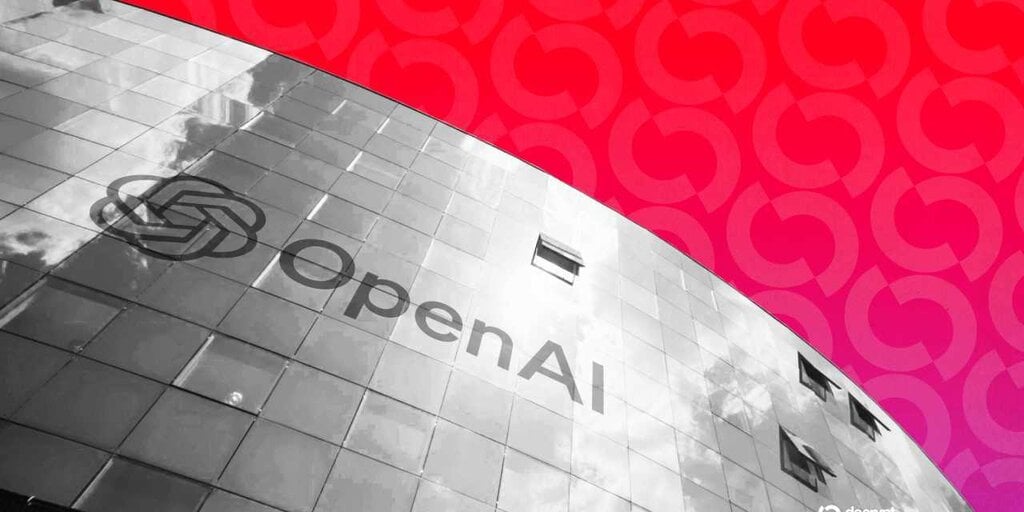OpenAI has unveiled a groundbreaking initiative—the Well-Being Council—focused on ethical AI governance, alongside a shift in policies surrounding adult content moderation in ChatGPT. These changes highlight the company's dedication to balancing innovation with societal responsibility.
OpenAI Introduces Well-Being Council as Altman Modifies ChatGPT Content Guidelines
OpenAI has made headlines with a groundbreaking step: the establishment of a Well-Being Council alongside revisions to ChatGPT's adult content guidelines. These moves reflect its dedication to societal values, ethical AI use, and the well-being of its global user base.
Estimated Reading Time: 4–5 minutes
Main Points
- Announcement of a Well-Being Council: An initiative aimed at ethical AI advancements and promoting user mental health.
- Refined Adult Content Guidelines: A more user-driven approach while safeguarding vulnerable groups.
- Impact on Society: Ensuring AI tools align with values such as inclusivity, safety, and fairness.
The Significance of the Well-Being Council
As artificial intelligence tools like ChatGPT continue to gain prominence, OpenAI has formed a Well-Being Council to tackle vital issues surrounding mental health, inclusivity, and safety. Featuring experts in diverse fields—including psychology, ethics, and AI research—the council signals a bold move toward improving governance frameworks for AI technologies.
This development is an unprecedented milestone in the AI industry, reinforcing OpenAI's pledge to align its tools with societal values. Critics and supporters alike acknowledge the council's potential to improve ethical practices in AI, ensuring its applications remain both innovative and mindful of their implications.
Policy Modifications for Adult Content in ChatGPT
Simultaneously, OpenAI has adjusted ChatGPT’s content moderation guidelines to provide users with a balanced experience. While maintaining safeguards for younger users and vulnerable groups, the new policy allows for greater flexibility and customization for adult users. This change comes in response to diverse feedback urging both safety and practicality.
“Refining content policies ensures our users have safer yet dynamic online interactions,” stated OpenAI CEO Sam Altman during the council announcement.
By fine-tuning these parameters, OpenAI aims to meet increasing demands for adaptable AI tools in personal and professional contexts, all while upholding ethical boundaries.
Broader Implications for the AI Industry
The formation of the Well-Being Council serves as a blueprint for other AI enterprises, demonstrating how responsible technology deployment can align with societal demands. Additionally, enhanced governance and content moderation policies may attract interest from industries such as healthcare, education, and media monitoring, which rely on secure and ethical frameworks for AI integration.
Altman expressed confidence in the council’s impartiality, describing it as a first defense in minimizing unintended adverse impacts arising from advanced AI systems.
Looking Ahead
The dual announcement of the Well-Being Council and changes to ChatGPT’s guidelines reflects OpenAI’s rising influence in the AI landscape. This showcase of innovation coupled with responsibility highlights a progressive path forward. While debates about potential drawbacks, such as regulatory overreach, continue, the initiative stands as a testament to OpenAI’s forward-thinking strategies.
Ultimately, these steps mark a new chapter for OpenAI, exemplifying its commitment to blending technological excellence with societal ethics. As the AI field grows, examples like this may well shape how the industry approaches its responsibilities.


